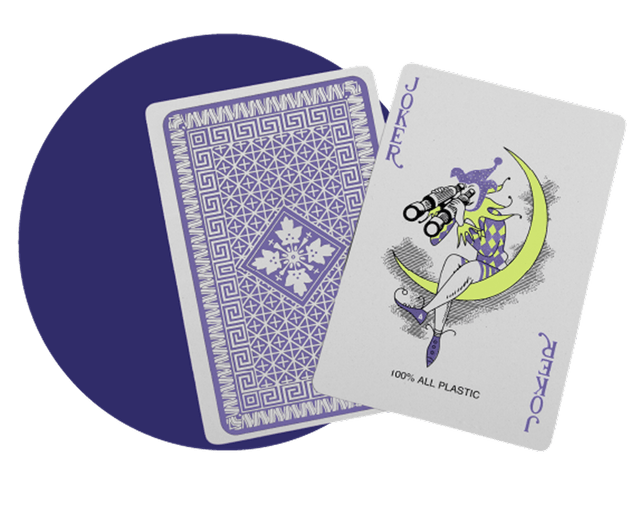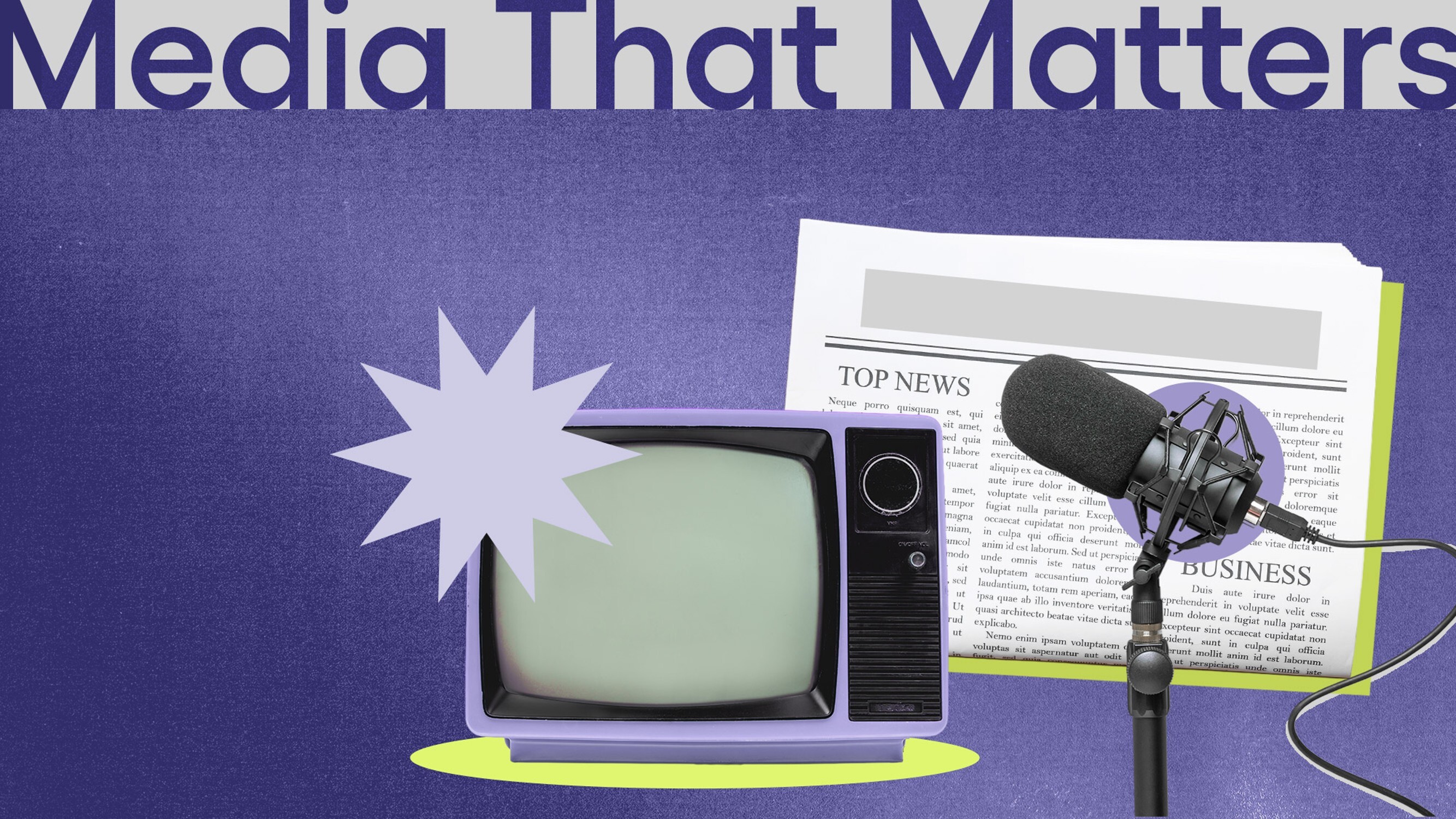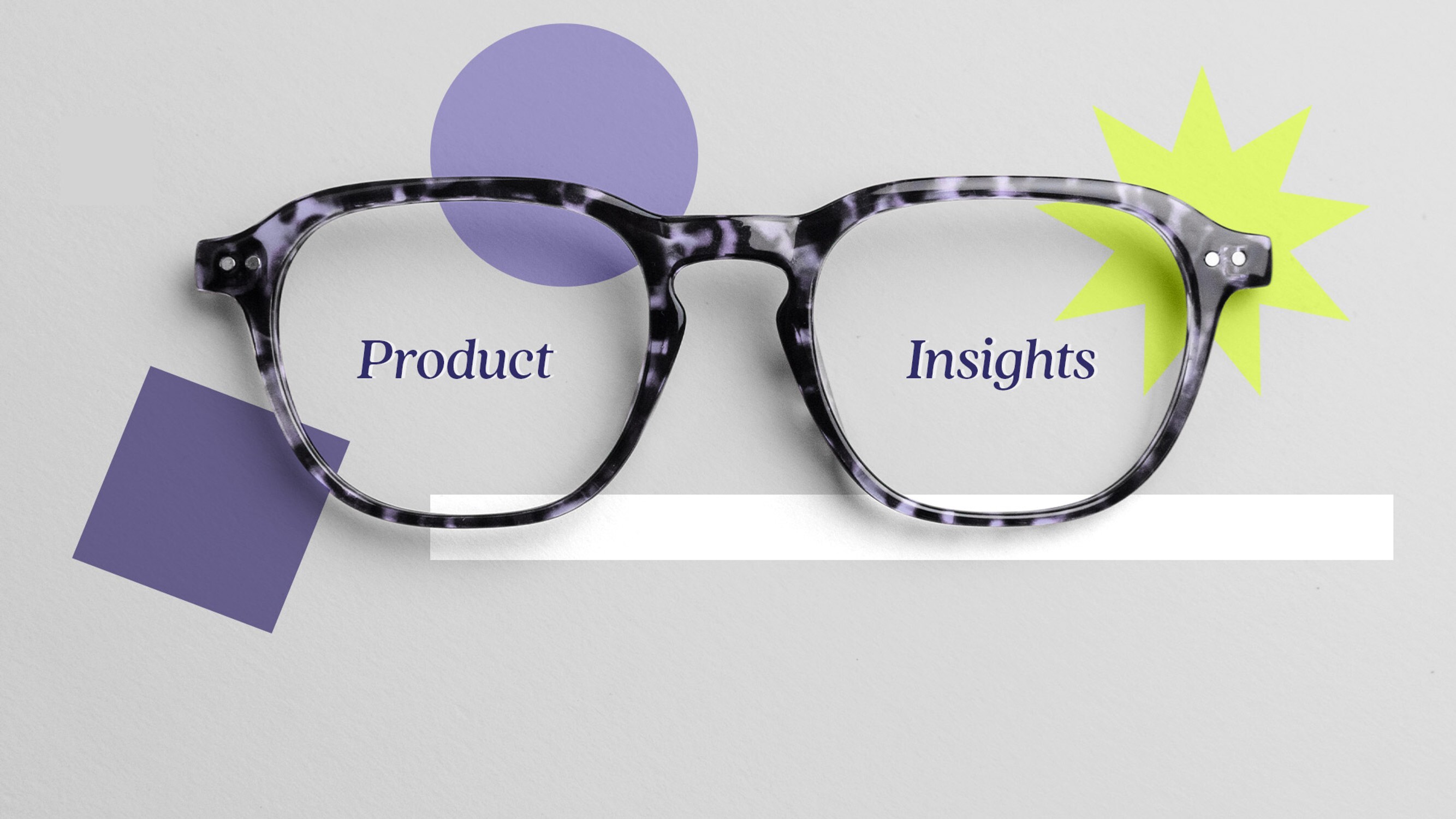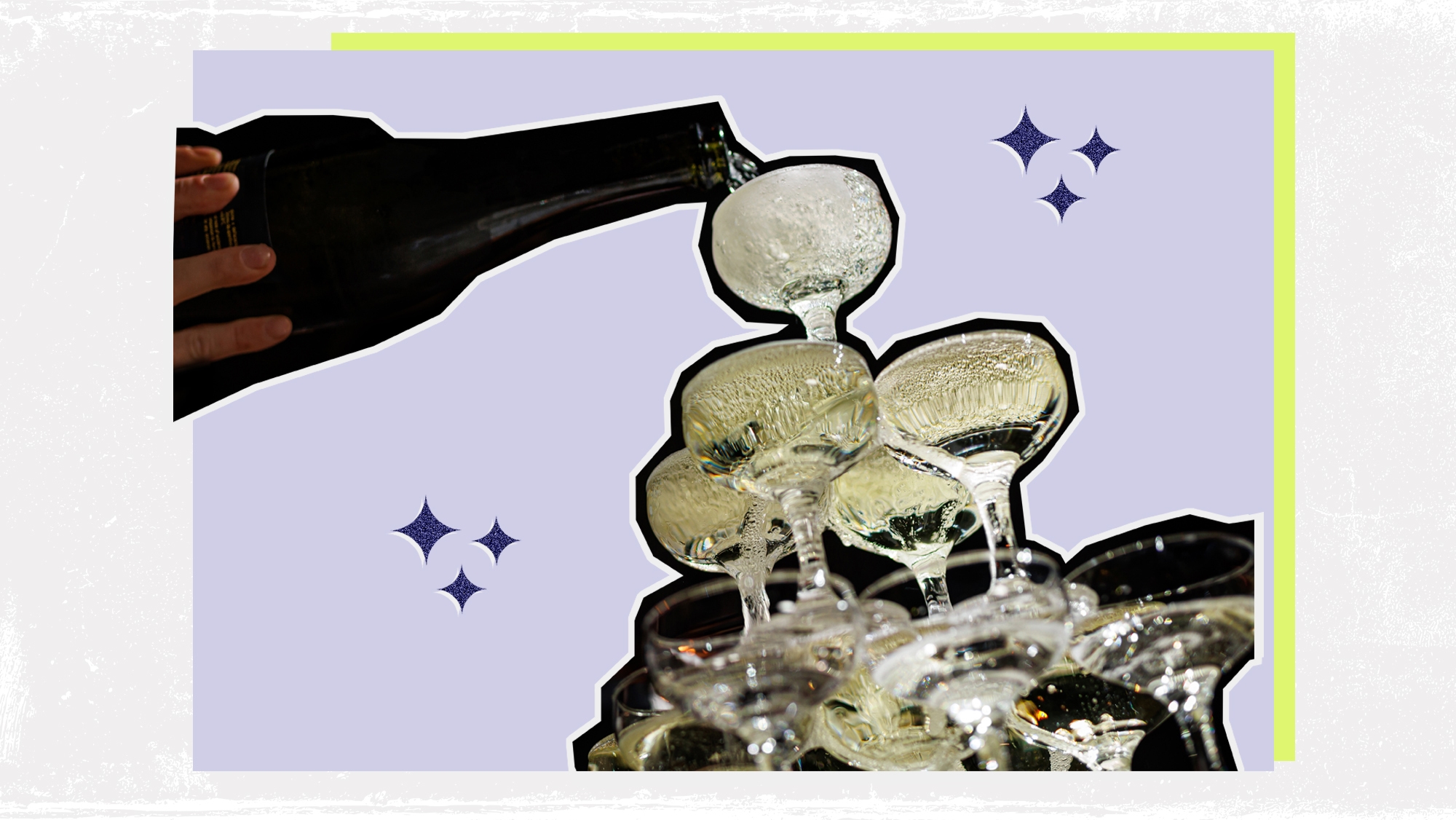
AI and the Retail Marketer’s Future
How AI transforms strategy and processes, driving the adoption of Positionless Marketing
Optimove Connect 2026: Join us in London on March 11–12 to master Positionless Marketing
Exclusive Forrester Report on AI in Marketing

Zero-party data is likely the most valuable asset in a privacy-first world, and gamification offers a scalable, engaging way to collect it directly from customers. For marketing executives, this blog highlights that gamification is a proven strategy to collect zero-party data to boost personalization, increase loyalty, and future-proof their data strategy.
Marketers use gamified experiences to collect preferences on product styles, gather customer feedback, segment audiences for loyalty programs, and even guide users to the right product through interactive match tools. These data-driven games not only inform marketing strategies, but they also deepen the customer relationship.
Gamified zero-party data collection can deliver:
Zero-party data, information customers voluntarily share, is marketing gold. In a landscape gated by privacy regulations and disappearing cookies, this kind of data offers marketers a transparent and highly accurate view into what customers truly want. And gamification is proving to be especially powerful for collecting it.
Unlike behavioral tracking or third-party cookies, zero-party data is provided intentionally. And it reflects consumers' intentions: real preferences, motivations, and interests. This makes it incredibly valuable for driving personalization, improving engagement, and building trust.
Gamification, the use of game elements in non-game contexts, has emerged as one of the most effective ways to collect zero-party data. Why? Because it invites customers to participate. Whether it’s a quiz, a prediction game, a wheel spin, or a challenge, these interactive experiences are fun, engaging, and rewarding. In return, customers willingly provide insightful information about their preferences, goals, or behavior.
Gamified experiences work because they’re built around mutual value. Customers get an entertaining experience and often a reward, and marketers receive data that helps tailor future interactions. This method:
Collects clean, useful data directly from the source.
Marketing has shifted from surveillance to permission. Gamification puts customers in control, empowers them to share what matters, and gives brands the tools to act on that insight in meaningful ways. For the consumer, it is about fun. For the brand, it is turning that fun into data that is marketing gold to build deeper customer relationships that drive lifetime loyalty.
The tools to enable this shift are now easily accessible. Marketers can now create, launch, and optimize gamified experiences in just minutes without writing a single line of code. This no-code approach reinforces the Positionless Marketing model, where marketers operate independently of technical or creative silos.
Gamification is now embedded directly into AI-orchestrated customer journeys. Brands can seamlessly deliver personalized interactive experiences such as quizzes, prediction games, and branded mini-games to boost acquisition, engagement, and retention.
With these innovations in Positionless Marketing, brands can experience conversion rate increases of up to 80%, proving that gamification is not just fun but incredibly effective.
Zero-party data is likely the most valuable currency in customer-centric marketing. Gamification is one of the smartest ways to collect it. For brands looking to thrive in the next era of personalization, if gamification is not a core program in the marketing toolbox, they will be playing a losing game.
For a demo on how to optimize gamification in marketing, contact us to request a demo.
Exclusive Forrester Report on AI in Marketing
In this proprietary Forrester report, learn how global marketers use AI and Positionless Marketing to streamline workflows and increase relevance.


Rony Vexelman is Optimove’s VP of Marketing. Rony leads Optimove’s marketing strategy across regions and industries.
Previously, Rony was Optimove's Director of Product Marketing leading product releases, customer marketing efforts and analyst relations. Rony holds a BA in Business Administration and Sociology from Tel Aviv University and an MBA from UCLA Anderson School of Management.


